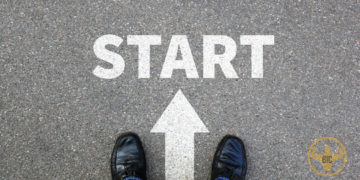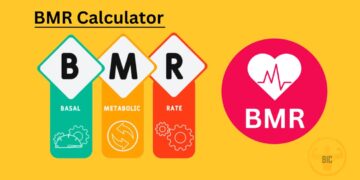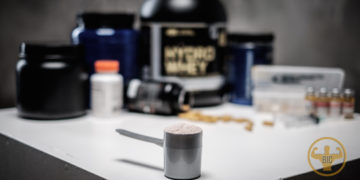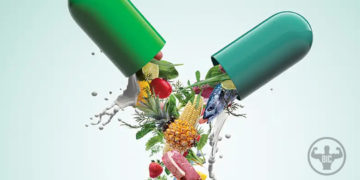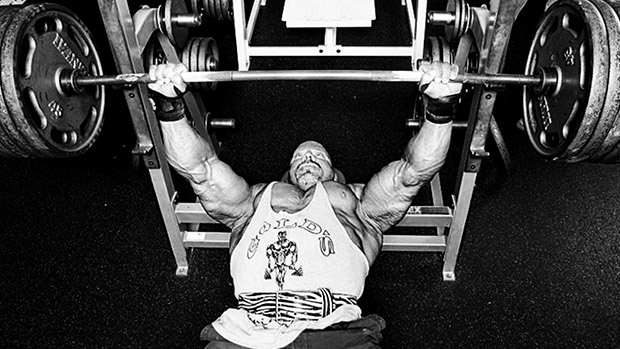How Much Water Should I Drink?
The amount of water that you should drink depends on a variety of factors, including your activity level, the climate you’re in, and your overall health. The Institute of Medicine (IOM) recommends that healthy men consume at least 3 liters (about 13 cups) of total beverages a day and healthy women consume at least 2.2 liters (about 9 cups) of total beverages a day.
If you’re involved in strenuous activity, you may need to increase your fluid intake to avoid dehydration. Symptoms of dehydration include thirst, dry mouth, dark urine, fatigue, and dizziness. If you experience any of these symptoms, be sure to drink more water and rehydrate as soon as possible.
In addition to water, you can also get fluids from other beverages such as juice, milk, and herbal tea. You can also get fluid from foods, especially fruits and vegetables.
So how much water should you drink? The answer is that it depends on a variety of factors. Be sure to listen to your body and drink when you’re thirsty. And if you’re involved in strenuous activity, be sure to increase your fluid intake to prevent dehydration.
How do I know if I’m drinking enough?

There are a few different ways to tell if you’re drinking enough water. One is to simply pay attention to your thirst cues. If you’re feeling thirsty, drink up!
Another way to know if you’re drinking enough water is to look at the color of your urine. If it’s dark yellow or amber, that’s a sign that you need to drink more fluids. You should aim for pale yellow or clear urine, which indicates that you’re well-hydrated.
Finally, pay attention to how your body feels. If you’re tired, have a headache, or are experiencing any other negative symptoms, it could be a sign that you’re not drinking enough water. Make sure to rehydrate as soon as possible to feel your best.
So, how much water should you drink? The answer is that it depends on a variety of factors. Be sure to listen to your body and drink when you’re thirsty. And if you’re involved in strenuous activity, be sure to increase your fluid intake to prevent dehydration. By following these guidelines, you can be sure that you’re drinking enough water to stay healthy and hydrated.
Does drinking more water help you lose weight?

Drinking water can help you lose weight in a few different ways. First, it can help to increase your metabolism. When you drink cold water, your body has to work hard to warm it up, which can help to boost your metabolism.
Another way that drinking water can help you lose weight is by making you feel full and helping to reduce your appetite. If you’re feeling thirsty, you may be more likely to eat when you’re not actually hungry. Drinking water before meals can help to fill you up and prevent you from overeating.
Finally, drinking water can help to flush out toxins and excess fluids from your body. This can lead to reduced bloating and a slimmer appearance.
So, does drinking water help you lose weight? The answer is yes! Drinking water can help to boost your metabolism, reduce your appetite, and flush out toxins. If you’re looking to lose weight, be sure to drink plenty of water each day.




